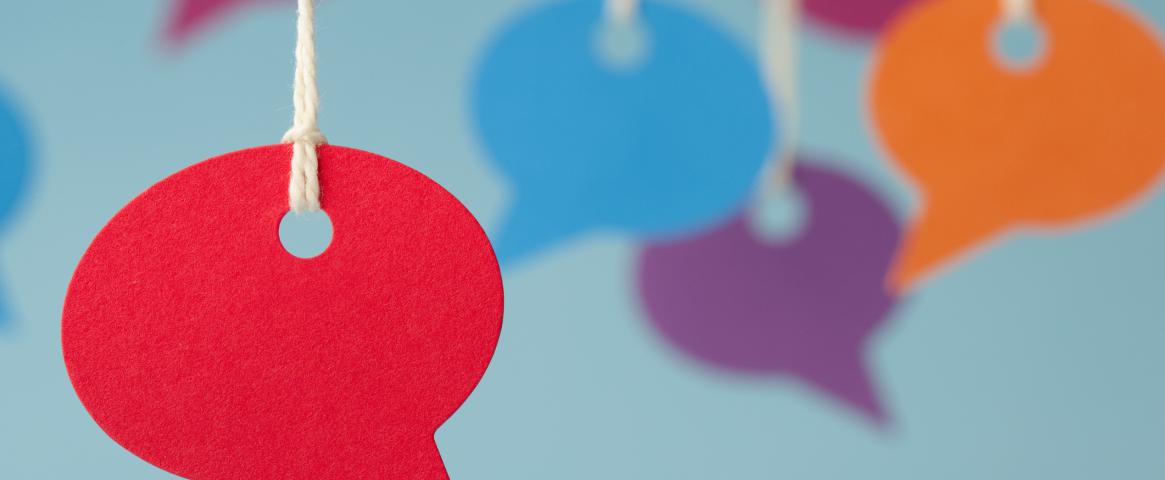
Source Diversity Tracking: A workshop
Join us on May 9 from 1 to 3 p.m. Eastern for a special virtual workshop
As science writers, we’re often pressed for time. Deadlines loom. Editors are waiting for copy. So we reach out to the sources who seem to be easiest to find. We interview the experts who seem to have the most authority. But those decisions, made for the sake of convenience, cause real harm. We perpetuate the myth that expertise is concentrated within a certain race, gender, or academic pedigree. And when we exclude the voices of people who are underrepresented in science, we overlook important viewpoints that make our stories richer, more complex, and ultimately more accurate.
The first step toward fixing this problem is identifying where we fall short. But for news organizations and journalists who are just getting started, developing and implementing a system for tracking source diversity can seem daunting.
In this two-part, two hour workshop, we’ll address:
- Why source diversity matters
- What metrics to track
- How to capture the data
- Who should capture the data
- And how tracking can be used to improve our work
The workshop will be in two parts: First, we’ll hold a 75-minute panel discussion and audience Q&A. After a short break, attendees will split into breakout rooms for discussion. We’ll have at least one breakout room geared toward science writers who want to track source diversity in their own stories, and another for organizations that are trying to develop and implement larger systems for tracking source diversity. Then we’ll re-convene for a briefly before the workshop concludes to share insights and lessons learned.
Speakers
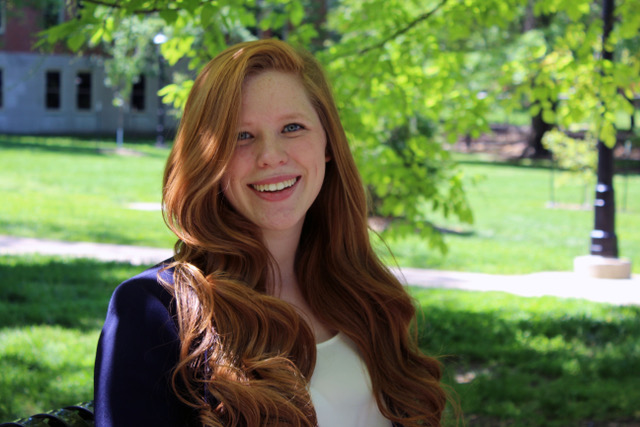
Credit: Nina Ruhe
Hannah Haynes, Wisconsin Public Radio
Hannah Haynes is a newscaster and producer at Wisconsin Public Radio. She heads WPR’s Source Demographic project which involves surveying sources to gather basic demographic information. She’s also the source librarian for the news department where she works with reporters to find sources who are underrepresented in WPR coverage. @HannahHaynesR
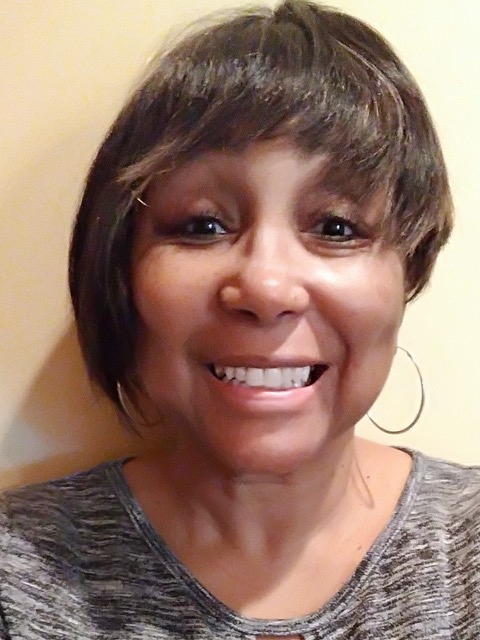
Melba Newsome, independent journalist
Melba Newsome is an award-winning journalist with over 20 years of experience contributing education, science, health and environmental features to some of the country’s most widely-read publications. During her 2020 Reynolds Journalism Institute fellowship, she created a diversity training program to help newsrooms better reflect the communities they serve by including more people of color and underrepresented groups in their reporting. Melba lives in Charlotte, N.C. Learn more about her work at melbanewsomewriter.com.
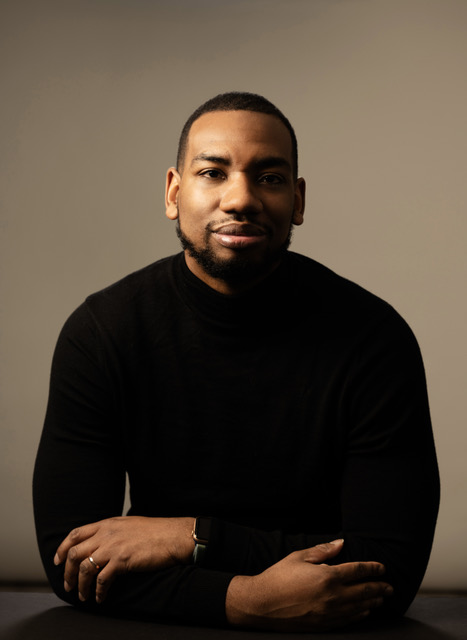
Robert Samuels, Washington Post
[Robert Samuels](https://muckrack.com/newsbysamuels/bio) is a staff writer for the Washington Post, figure skating enthusiast, and co-author with Toluse Olorunnipa of "His Name is George Floyd," out May 17. His interests are broad, but gravitate toward the personal stories that reify our humanity and illuminate the ways we live. @newsbysamuels
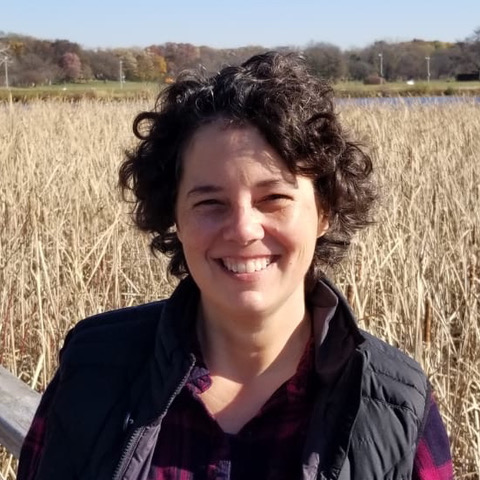
Siri Carpenter, The Open Notebook
Siri Carpenter is an award-winning journalist and editor whose writing and editorial work has appeared in the New York Times, Science, Discover, Scientific American, bioGraphic, Science News, and other publications. She is co-founder and editor-in-chief of the nonprofit journalism organization The Open Notebook and editor of the book The Craft of Science Writing. She has a Ph.D. in psychology from Yale University and is a past president of the National Association of Science Writers. @SiriCarpenter
Organizers and moderators
Cassandra Willyard is a freelance science writer in Madison, Wisc. She has covered everything from ecology to epigenetics, but her favorite topic is infectious diseases. Her stories have appeared in the New York Times, the Atlantic, Scientific American, Discover, Nature, and more.
Jyoti Madhusoodanan is a freelance science writer based in Portland, Ore. She covers life sciences research, bioethics and health for Nature, Science, the Guardian, and other outlets.
This workshop is free. The workshop will be held in Zoom. It will be recorded, and live, machine captioning will be available during the event with the exception of breakout rooms.
Hero image: iStock.com/mrPliskin


